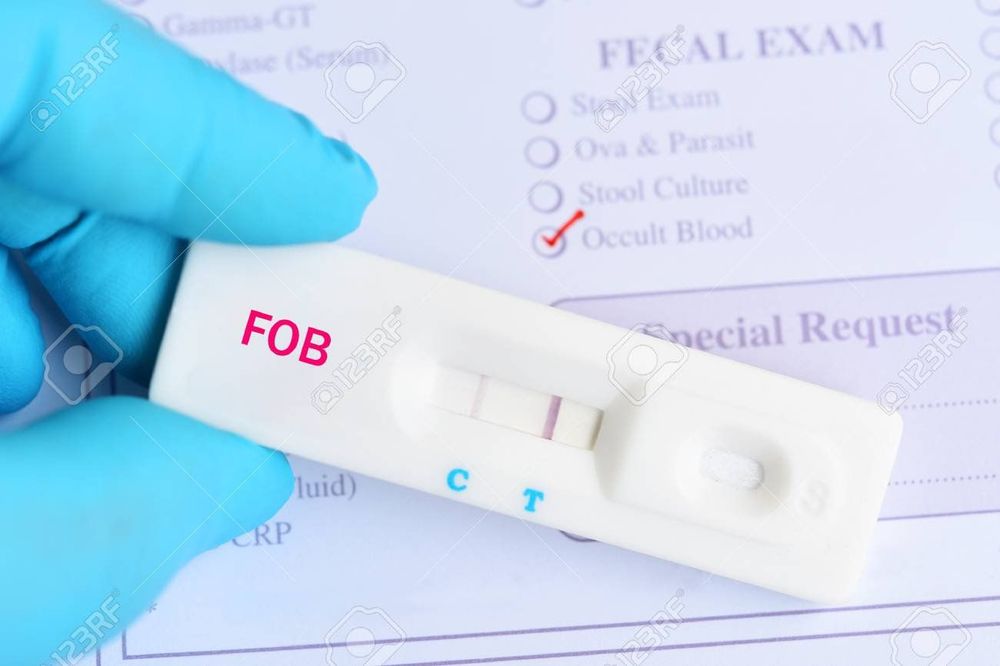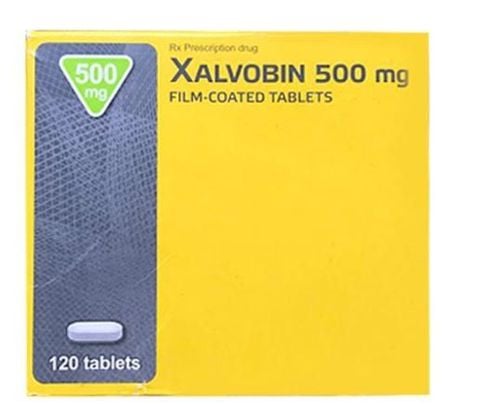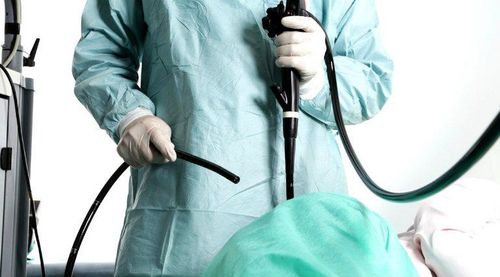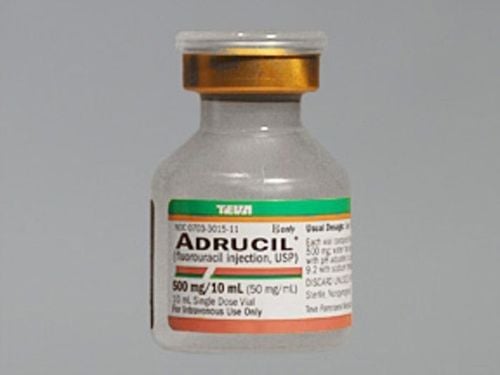This is an automatically translated article.
The article was written by Internal Oncologist - Internal Oncology Department - Vinmec Times City International HospitalCurrently, in the context of socio-economic development and health awareness of Vietnamese people has increased markedly, more and more people are coming to medical centers for early detection of cancer, especially cancer. colorectal - a common disease. Question: “How to recognize this disease early?” Recommended by many people. The following article will outline some tests to partially answer the above questions.
1. Colon cancer: Causes of disease formation
Colorectal cancer is a disease caused by malignant (cancerous) cells forming in the tissues of the colon or rectum.The colon and rectum are part of the body's digestive system. This is the digestive system that processes and removes nutrients (vitamins, minerals, carbohydrates, fats, proteins, and water) from food and removes waste from the body.
Colorectal cancer is the second leading cause of cancer deaths of all types.
In adults under 55 years of age, there has been an increase in the number of new cases and deaths from colorectal cancer in recent years. Colorectal cancer is found more often in men than in women.
The following risk factors increase the risk of colorectal cancer:
Age: Over 60 years of age, there is an increase in incidence Family history of blood relatives with colorectal cancer History of colorectal cancer Individuals: Having chronic inflammatory bowel disease or bowel disorders... Alcohol, smoking, obesity have higher incidence rates.

Ung thư đại tràng gây ảnh hưởng đến chức năng tiêu hóa và sức khỏe nói chung
2. What is the screening method?
Screening is finding cancer before a person has any symptoms. This can help find cancer in its early stages. When cancer is found early, it can be easier to treat. By the time symptoms appear, the cancer may have already begun to spread. Doctors advise people at risk to get screened for cancer, what screening tests to use, and how often the tests should be done. If the results of the screening test are abnormal, further tests may be needed to find out if cancer is present (called diagnostic tests).
Five types of tests are used to screen for colorectal cancer:
2.1 Stool blood test
Fecal occult blood test (FOBT) is a test to check if stools (solid waste) have blood (they can only be seen with a microscope). . . Blood in the stool can be a sign of polyps, cancer, or other conditions.There are two types of FOBT:
Guaiac FOBT: Stool sample test on a special card (chemically tested). If there is blood in the stool, the special card changes color. Immune FOBT: It is a liquid that is added to the stool sample. The mixture is fed into a machine that contains antibodies that can detect blood in the stool. This test is also known as a fecal immunochemical test or FIT.

Xét nghiệm máu trong phân nhằm kiểm tra chất thải rắn của người bệnh
2.2 Sigmoidoscopy
Sigmoidoscopy is a procedure to look inside the rectum and sigmoid colon for polyps, abnormal lesions, or tumors. A scope with a camera is inserted through the rectum into the sigmoid colon for observation. It has tools to remove polyps or biopsies tissue samples, which are then examined under a microscope for cancer cells.
2.3 Colonoscopy
An endoscope is inserted through the anus into the rectum and into the entire colon to detect abnormal lesions.>>> Procedures and notes for colonoscopy
2.4 Virtual endoscopy
A virtual colonoscopy is a test that uses X-rays to take a series of pictures of the colon. The computer will reconstruct the images to create detailed images that can show polyps and abnormalities on the inside of the colon. This test is also called a computed tomography or CT scan. Alternatively, the patient can drink a contrast agent that coats the stool, instead of using a laxative, which may show obvious polyps on the scan.2.5 Stool DNA test
This test checks the DNA in cells for genetic changes that can be a sign of colorectal cancer.
Xét nghiệm phân DNA giúp nhận biết dấu hiệu của ung thư đại trực tràng
3. Rectal Examination
Can be performed as a routine health check-up. The doctor inserting a lubricated finger into the lower part of the rectum can detect abnormalities of the rectum.
4. Risks of colorectal cancer screening
Possible false negative test results Screening test results may appear normal despite the presence of colorectal cancer. A person who receives a false-negative test result (one that shows no cancer when it actually does) may delay seeking medical attention even when symptoms are present.
Possible false positive test results Screening test results can be abnormal even though cancer is not present. A false-positive test result can cause anxiety and often requires more complicated testing.
At Vinmec International General Hospital, with a team of leading doctors and nurses with extensive experience in the field of colorectal cancer diagnosis and treatment, with the support of a system of modern technological equipment, full range of methods specialized facilities to diagnose disease and stage it before treatment such as: Endoscopy, CT scan, PET-CT scan, MRI, Mammogram, histopathological diagnosis, genetic - cytological testing, ... help detect colon cancer early even when there are no symptoms.
Please dial HOTLINE for more information or register for an appointment HERE. Download MyVinmec app to make appointments faster and to manage your bookings easily.













